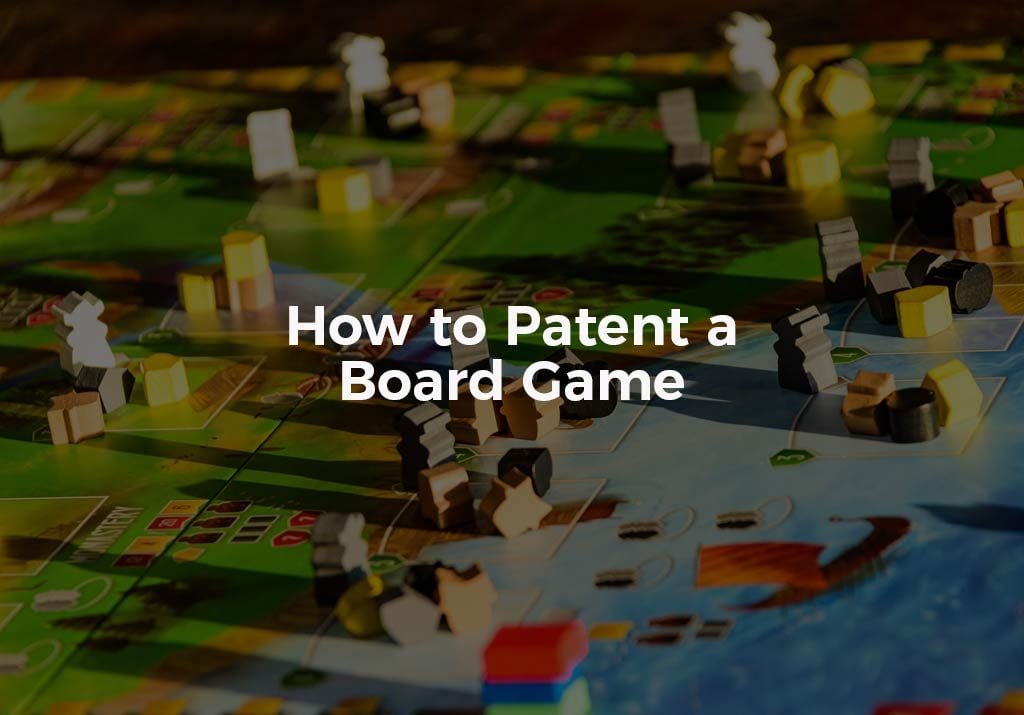Monopoly is one of the oldest board games still on the market; it was patented in 1935. Then there is the game of chess. While the specific game isn’t patentable, variations and developments of this iconic game are.
What differentiates these two board games, and why is one patentable but the other not? If you’ve recently invented a new board game, you’ll want to speak with a patent attorney. They will guide you through the patent process so that you can protect your new invention.
By working with a knowledgeable and experienced attorney, you can prevent your game from getting rejected for patent. We’ve created this quick guide to help you get started patenting your new board game.
Why a Board Game Is Patentable
The USPTO office awards patents for detailed processes. Most people associate this with a mechanical or manufactured device. But it can also apply to a board or card game with a set of rules.
It’s Harder to Patent Today
We have the development of computer technology to thank for the increased difficulty in obtaining a patent for a board game. In the ruling for Alice Corp. v. CLS Bank International, it was determined that you couldn’t patent an abstract idea that is organized into a set of rules.
So if the USPTO determines that your game is merely a set of organized rules, they will reject your application. This means you’ll need to go further when explaining your board game.
Working with an experienced attorney is vital for navigating these finite distinctions.
Meeting the Criteria
There are two main requirements that you need to meet to gain patent approval.
- It must bear no familiarities to another game that already has a patent.
- It needs to be innovative in some respect.
As you develop your game, you’ll want to test it out. Don’t post it online. Only show your game to a small select group of trustworthy people. You need to keep your game from getting published or accessible by the general public.
As you design and develop your game, keep detailed notes. Include drawings and notes of the board and the rules.
Build a prototype of your game. This will let you play the game and put your theory and abstract idea to the test.
Once you have a solid prototype and example of your game, you’ll want to conduct a search of the current patents. Your attorney can help you with this task. They will perform a comprehensive search of the USPTO database to ensure your idea doesn’t conflict with an already patented board game.
Apply for a Patent
Once you and your lawyer do all of the prep work, you’re ready to file your patent application. You have two options, a regular or provisional patent. A regular application will take a few years and require a more considerable upfront investment.
A provisional patent is quicker and more affordable. It also lets you begin marketing and development activities while you wait for your patent application to complete. You’ll label your board game as “patent pending” until you complete your patent process by filing the regular application later.
Don’t Forget the Alternatives
One thing that we find almost every board game inventor forgets is to consider alternative methods of play. They focus entirely on the original method. The problem with this is that it leaves you and your game vulnerable.
Whatever you leave out of your patent, you don’t own. It’s that simple. So include every variation of the method of play that you can think of. If it works on some level, include it. This way, you have the broadest scope of protection possible.
Start working with our experienced attorneys to patent your board game invention today.




